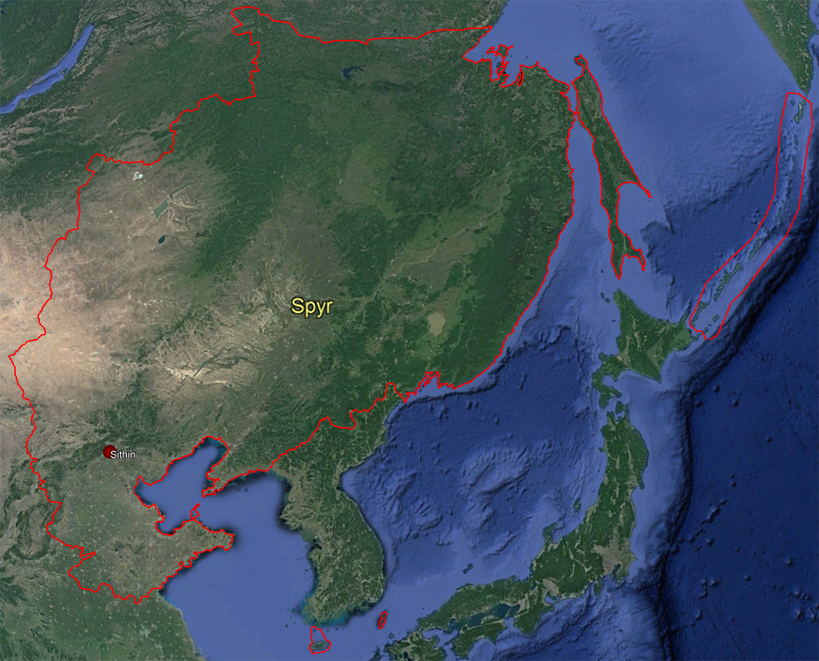This thread, we hope, shall serve as a comparatively clean slate upon which decrepit members of the Old Guard and
AMW, of course, is just about the oldest, and for a long time the laziest, of NS's semi-realistic RP groups, a closed world on some ancient arm of the multiverse. We use a world map as our foundation, and take basic information on population size and climate along with natural resources et cetera from the real world of today, while limiting in-character technology to near-current real-world standards without any of that so-called post-modern speculation.








 EDIT: If I leave most of England and Wales for him!
EDIT: If I leave most of England and Wales for him!
